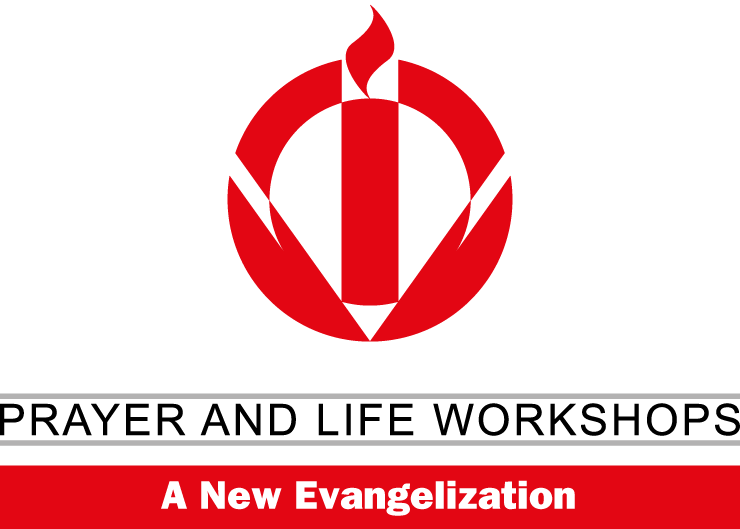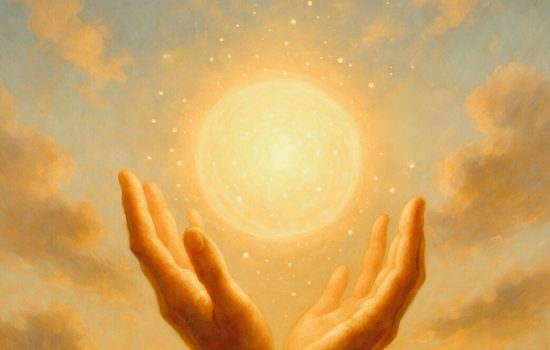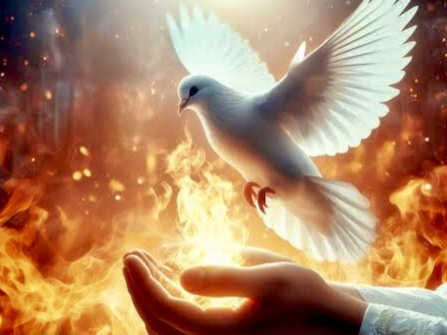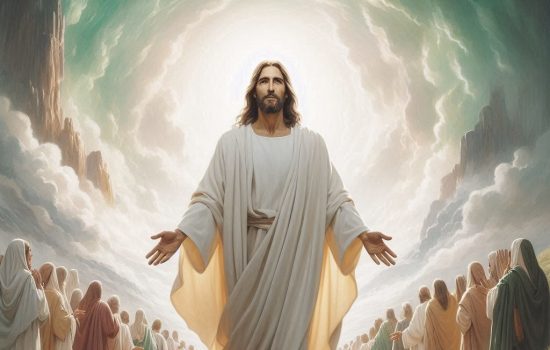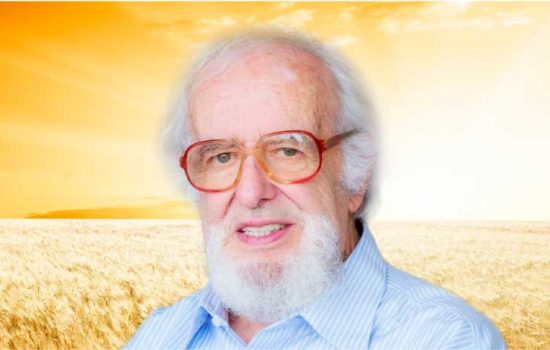A solitary poplar tree standing alone in a vast plain is a sight. It made its timid appearance on earth, almost by chance, and has been rocked by the winds. The storms have buffeted its branches without pity. In order not to fall, its roots have reached deep down, digging in firmly into the clayey soil. Now the poplar has become so firm that no hurricane can bend it. People admire its elegance on the plain.
In a brilliant display of paradoxes, Paul transmits to us the Christian dialectics of strength-weakness: it is in human weakness that God’s strength is grafted, seized and controlled. He who wants to live must die. In order to transform itself into a golden stalk, the grain of wheat must be buried in the ground and decay. Hence, strength is born from weakness, life from death, consolation from desolation, maturity from trials.
Whoever has not suffered is like a bamboo cane: such a person has no substance and knows nothing. Great suffering is like a storm that devastates and ravages a vast region; once the trial is over, the landscape is radiant with calm and serenity.
Great hardship makes man grow more in maturity and wisdom than five years of normal growth. This comment is so often heard: “How so-and-so has changed! How he has matured! The reason is that he has suffered so much.”
When everything sails smoothly, when there are no difficulties or thorns, man becomes self-enclosed and turns inwardly. His own successes are like high walls surrounding him as in a self-centered prison within him-self. Who will liberate from his own enslavement the one caught within his own towers, owner of himself, dazzled by the splendor of his image? Only a great shock. There remains no other way for God to liberate that person than to send him great adversity to wake him up, to destroy his castles and draw him out of the Egypt of his own self.
When a person is caught in the coils of illness or tribulations, he sets his feet firmly on the ground. He understands that everything is a dream, that fictions vanish, that artificial adornments lose their color, that effervescence dissolves itself, and that man finds himself naked on the soil of objectivity. This is the first step to wisdom. Without suffering, there is no wisdom.
Here is what happens: when hardship falls unexpectedly on someone and envelops him like night, that person sees nothing. It is very difficult at that moment to see with the eyes of faith, because one sees no more than human perversity and its immediate causes. But when one some-what distances oneself, the perspective is opened and one gains a broader view, the view of faith. At that moment, the person begins to understand that what happened was a pedagogical gesture made by God and, basically, a liberating favor.
If the reader stops a moment, looks back on his or her past life and reflects a little, he or she will discover that certain painful events which, at the time, seemed to be overwhelming misfortunes, today, after ten years, prove to have been providential, bearers of blessings, detachment and wisdom.
With a vital logic, Paul works through the links of a golden chain: “We… boast in our suffering, knowing that suffering produces endurance, and endurance produces character, and character produces hope, and hope does not disappoint us “(Rom 5:3-5).
However, this is a slow process. When the Christian suddenly finds himself faced with suffering, his first almost inevitable reaction is rebellion and the question: why? As a rule, the question and the protest are directed to God, without taking into account that the one to whom the protest is directed is fixed at the summit of pain, nailed to the cross.
The response to the question always comes from the height of the Cross, but at first the Christian does not perceive this because the surrounding dust and the cries block his perception. But after a certain lapse of time, sometimes a long time, when the horizon has cleared and he has distanced himself enough, the Christian begins to perceive the answer clearly.
But the answer is not an abstract and philosophical consideration about suffering, but a peremptory order: “Come, take up your cross and follow me” (Mk 8:34). In the course of that inner journey with the suffering Christ, the rebellion melts away, the Christian takes his cross, surrenders himself and worships. As he discovers the salvific meaning of pain and the mystery of the cross, he is visited by peace and joy. At that moment, pain and death are conquered. This is the most effective way of eliminating suffering.
Extracted from the book “From suffering to peace”, by Fr. Ignacio Larrañaga

